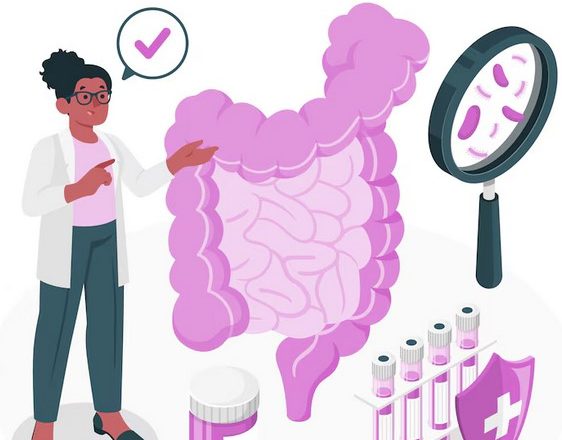
Understanding Pancreatic Diseases
The pancreas, positioned behind the stomach, serves a vital role in digestion by secreting enzymes and hormones. Enzymes aid in breaking down carbohydrates, fats, and non-carbohydrates in the small intestine, while hormones like insulin and glucagon regulate blood glucose levels, providing energy to cells. Pancreatic diseases encompass a spectrum of complex conditions that can adversely impact various organs, including the kidneys and lungs, potentially leading to fatal outcomes.
Types of Pancreatic Diseases
Acute Pancreatitis
Causes: Gallstones, alcoholism, high blood calcium, diabetes, injury, drug side effects, obesity, surgery, infection, birth defects, ulcers, or genetics.
Symptoms: Severe abdominal pain, vomiting, loss of consciousness, fever, elevated heart rate.
Dia...
